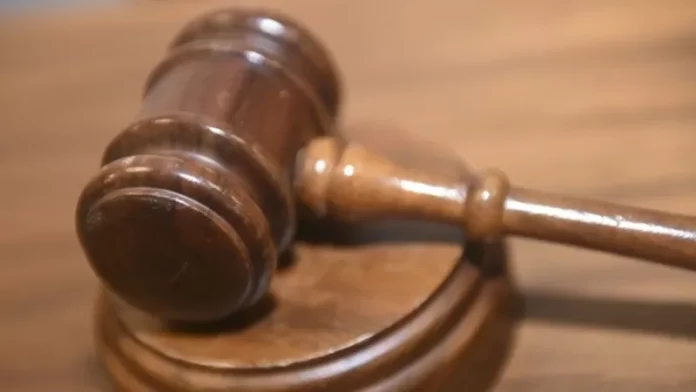A U.S. federal appeals court has made a significant decision on the Trump administration’s crackdown on diversity, equity, and inclusion (DEI) programs in the federal government. On Friday, a three-judge panel on the Fourth Circuit of Appeals in Richmond, Virginia lifted the block on the administration’s executive orders, which had halted support for DEI initiatives.
The ruling by the appeals court comes after a federal judge in Maryland had issued a ruling in February, blocking the enforcement of the executive orders. However, the Fourth Circuit panel found that the directives by President Donald Trump were likely constitutional, disagreeing with the previous decision.
The judges have allowed the Trump administration to implement the policy while they consider a final decision on the constitutionality of the orders. This decision has been met with mixed reactions, with some applauding the move while others expressing concerns about the impact it may have on diversity and inclusion efforts in the federal government.
The executive orders, issued by President Trump, aimed to abolish DEI programs in the federal government and required recipients of federal grants to not operate such programs. The administration maintains that these orders do not ban or discourage any speech, but instead target unlawful discrimination.
However, U.S. District Judge Adam Abelson in Baltimore had blocked the implementation of the executive order nationwide, pending the outcome of a lawsuit brought by the city of Baltimore and groups that claimed the orders were unconstitutional. They argued that the orders improperly targeted constitutionally protected free speech.
The Trump administration’s stance is that the orders are necessary to combat unlawful discrimination and ensure that federal agencies and contractors are not promoting divisive ideologies. The orders also directed the Justice Department and other agencies to identify businesses, schools, and nonprofit organizations that were deemed to be unlawfully discriminating through DEI policies.
This decision by the appeals court has sparked a debate on the role of DEI programs in the federal government and whether they are necessary or not. Supporters of the executive orders argue that they promote equality and fairness by eliminating any form of discrimination. On the other hand, opponents believe that these programs are crucial in promoting diversity and inclusion in the workplace.
Regardless of the opinions, one thing is clear – diversity and inclusion are vital for a fair and just society. These programs aim to create a level playing field for all individuals, regardless of their race, gender, or background. By promoting diversity and inclusion, we are fostering a society that values and respects the differences among us.
Moreover, DEI programs are not just about promoting diversity, but also about creating a sense of belonging and inclusivity. They provide a platform for individuals to share their unique perspectives and contribute to the success of the organization. By eliminating these programs, we risk losing valuable perspectives and hindering progress towards a more inclusive society.
It is also important to note that diversity and inclusion are not just buzzwords, but essential elements for a successful and thriving society. Studies have shown that diverse teams are more innovative, productive, and profitable. By promoting diversity and inclusion, we are not only doing what is morally right, but also what is beneficial for our society and economy.
In conclusion, the decision by the Fourth Circuit of Appeals to lift the block on the Trump administration’s executive orders has sparked a debate on the role of DEI programs in the federal government. While some may see this as a positive step towards eliminating discrimination, others believe it may hinder progress towards a more inclusive society. Regardless of the opinions, one thing is clear – diversity and inclusion are crucial for a fair and just society. It is our responsibility to continue promoting these values and creating a more inclusive world for all.

